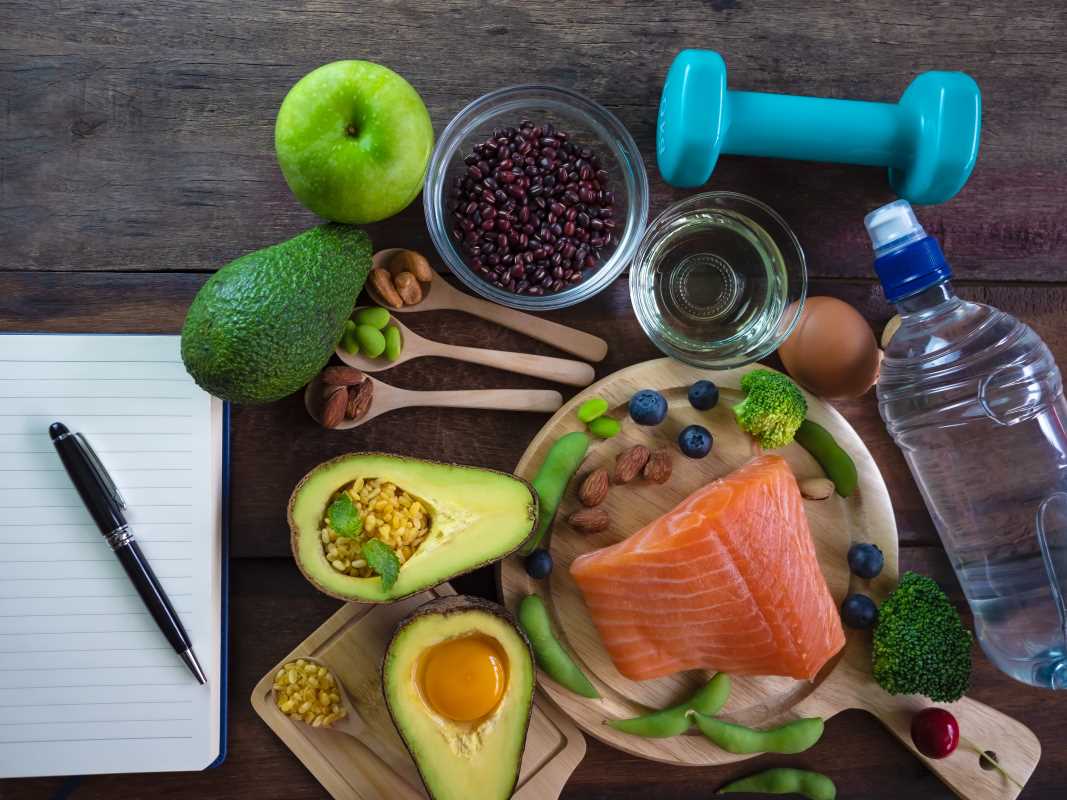Muscles work hard during tough competitions, and giving your body the right support afterward makes a big difference in how quickly you recover. Choosing wholesome foods after intense activity helps repair muscle fibers and eases discomfort from soreness. Including nutrient-rich meals and snacks soon after exercise gives your body what it needs to heal efficiently. With the right nutrition, you can shorten recovery time and return to your next event feeling refreshed and stronger. Products like Nutritious Foods offer convenient ways to supply your muscles with essential nutrients, making recovery smoother and more effective every time.
Eating well after a competition isn’t just about satisfying hunger. It is a method to lower fatigue and improve muscle repair. Smart choices help replace lost energy and repair tiny muscle tears that occur during strenuous exercise. A well-planned post-competition meal plan keeps you energized and ready for upcoming events.
The Science of Muscle Recovery After Competition
During competition, your muscles work hard, and they often experience small injuries that need time and nutrients to mend. Muscle fibers break down during intense activity, and throughout recovery, the body rebuilds them stronger than before. This process depends on nutrients that provide repair materials and the energy needed for recovery.
The body’s repair process relies on chemical signals and immune responses that help heal tissues. Getting the right nutrition supports hormone balance and cell regeneration. When you focus on proper nutrition, your muscles receive essential building blocks to rebuild, reduce inflammation, and decrease recovery time.
Macronutrient Strategies for Optimal Muscle Repair
Fueling muscle recovery requires a fine balance of protein, carbohydrates, and fats. Each macronutrient plays a specific role in healing. Protein, for example, supplies amino acids that the body uses to mend damaged fibers, while carbohydrates restore stored energy, and fats support cell structure and curb inflammation.
Here are some key macronutrient tactics to support muscle repair:
- Eat high-quality proteins such as lean meats, fish, or plant-based alternatives to repair and build new muscle tissue.
- Consume carbohydrates like whole grains and fruits to replenish glycogen stores and boost energy levels.
- Include healthy fats from sources like avocados, nuts, and seeds to reduce inflammation and support cellular health.
Micronutrients and Hydration Essentials
Vitamins and minerals play a supporting role in muscle repair and recovery. These micronutrients help reduce muscle soreness and speed up healing, while staying properly hydrated ensures that all nutrients are delivered efficiently to the cells.
Pay close attention to these essential elements:
- Vitamin C: Supports collagen formation for tissue repair.
- Vitamin D: Aids in muscle function and bone health.
- Magnesium: Helps relax muscles and reduce cramping.
- Potassium: Balances electrolytes and controls muscle contractions.
- Water and electrolyte drinks: Maintain hydration and ensure nutrient transport within the body.
Timing and Real Food Examples for Rapid Recovery
Meal timing can make a significant difference in recovery. Eating soon after a competition helps kickstart the repair process by supplying immediate energy and the necessary components to rebuild muscle fibers. A balanced snack within 30 minutes to one hour is ideal, followed by a complete meal in about two to three hours.
Incorporate whole, real foods into your routine. Think of grilled chicken paired with brown rice and a colorful mix of vegetables, or a bowl of oatmeal with fresh berries and a dollop of Greek yogurt. These choices provide a great mix of lean protein, complex carbohydrates, and healthy fats that support a swift recovery and overall muscle health.
Advanced Supplements and Emerging Trends
Keeping up with the latest advancements can give you an extra edge in recovery. Some athletes explore advanced supplements such as Creatine or branched-chain amino acids that may quicken repair processes. Modern nutrition continues to evolve through scientific breakthroughs that enhance post-workout recovery.
New research suggests that components like anti-inflammatory compounds and innovative protein blends can further support muscle repair. Staying informed about these emerging trends helps you choose options that best suit your unique recovery needs.
Building a recovery plan that includes proper nutrition is a smart step toward faster healing. Focus on combining quality proteins, carbohydrates, and fats while paying attention to vitamins, minerals, and hydration. Follow a meal schedule that provides energy when your body needs it most, and consider exploring the latest supplements to boost your recovery efforts.
A healthy recovery routine supports muscle repair and prepares you for future challenges with renewed energy and strength.
 (Image via
(Image via





